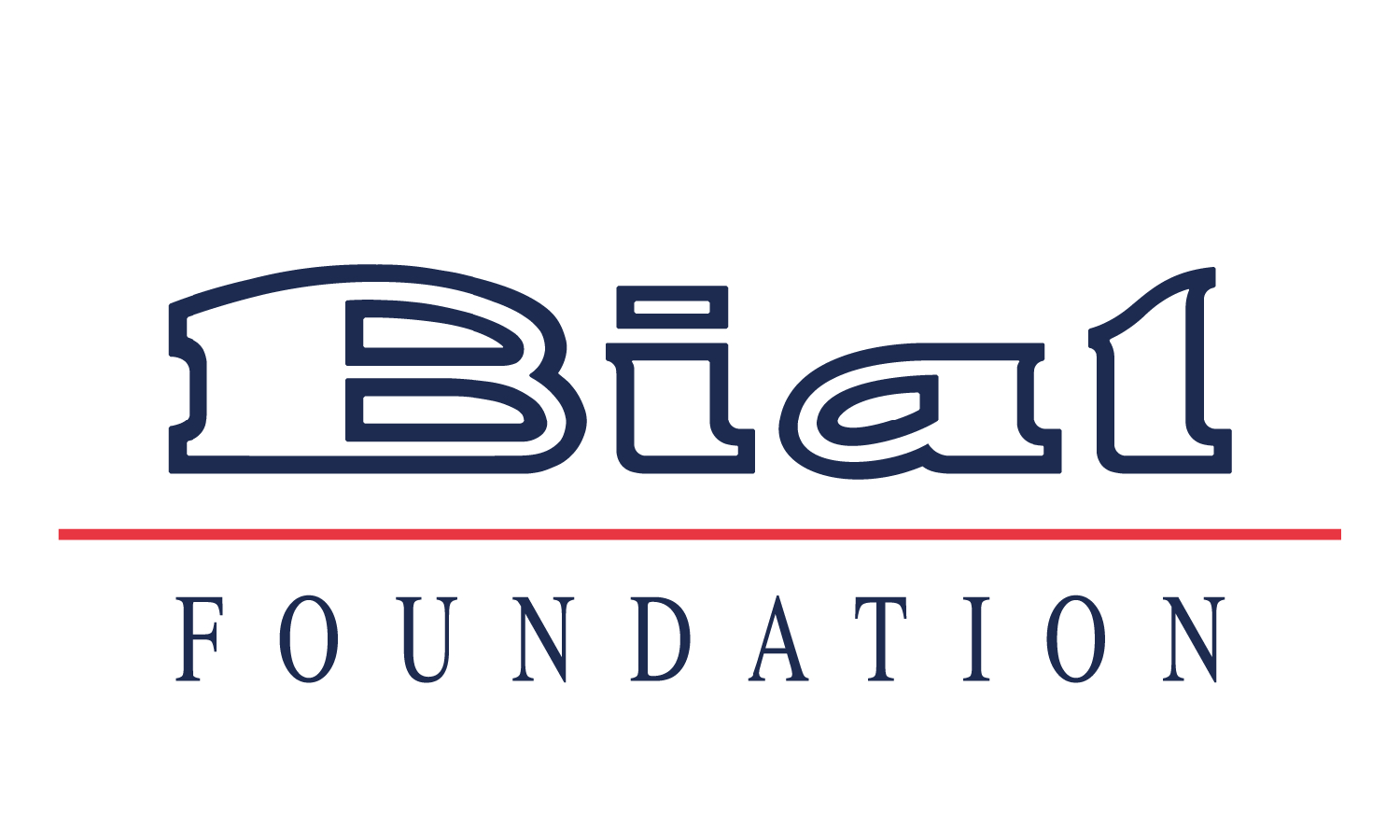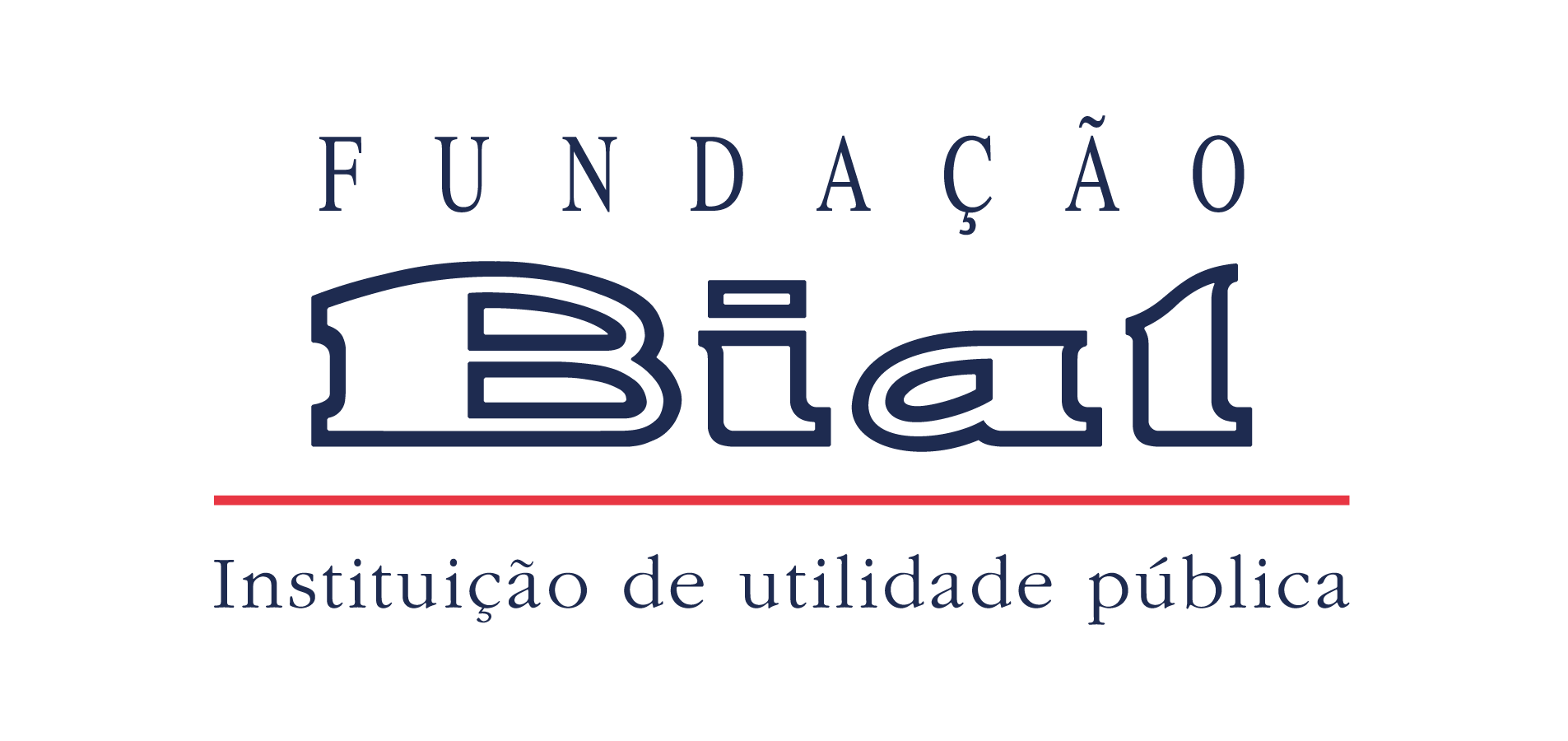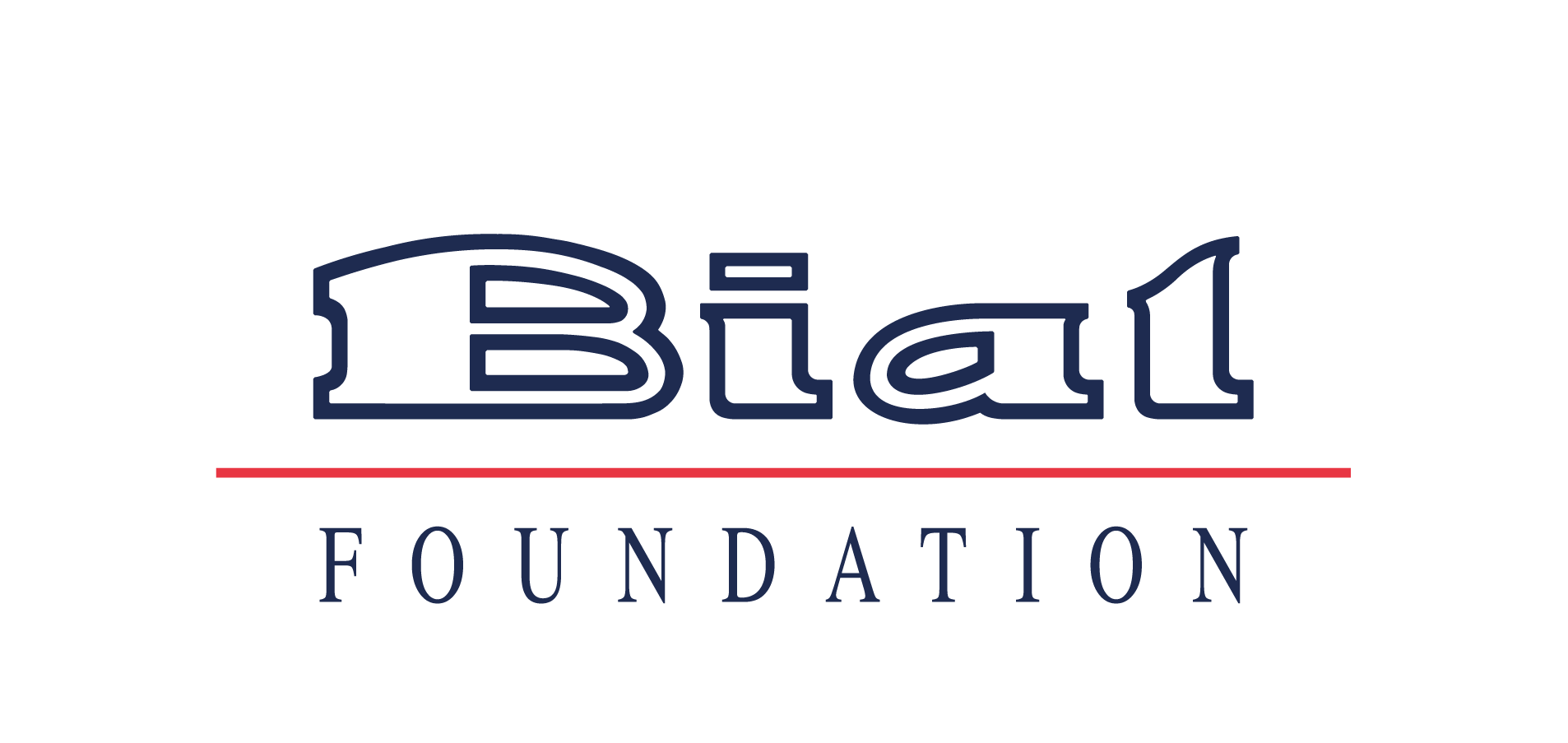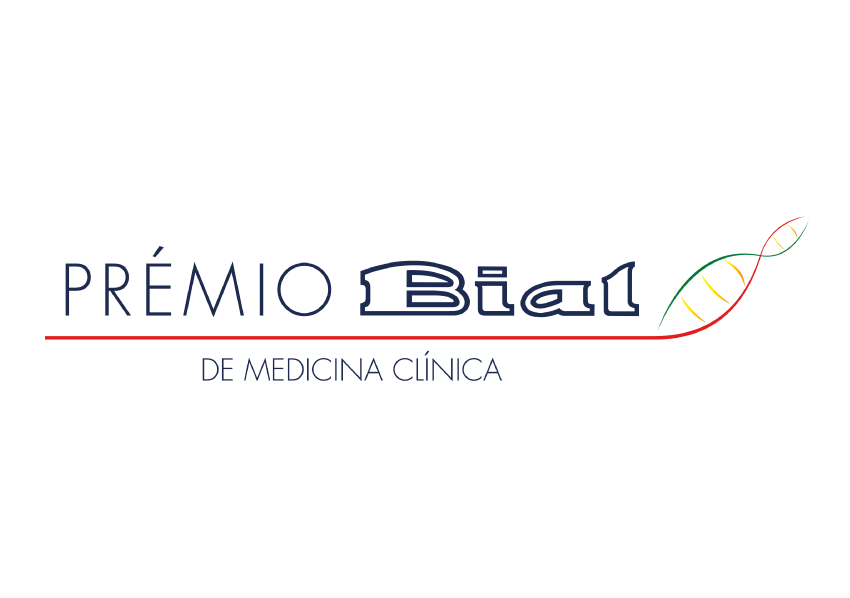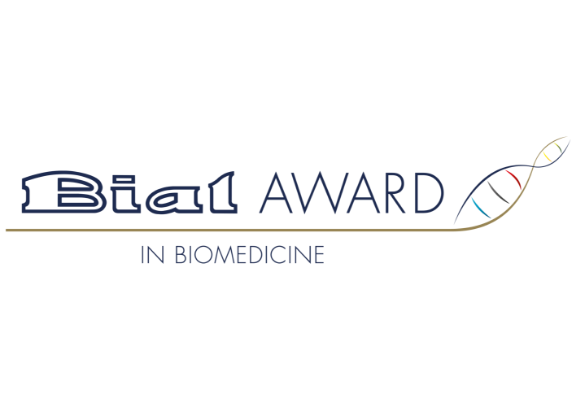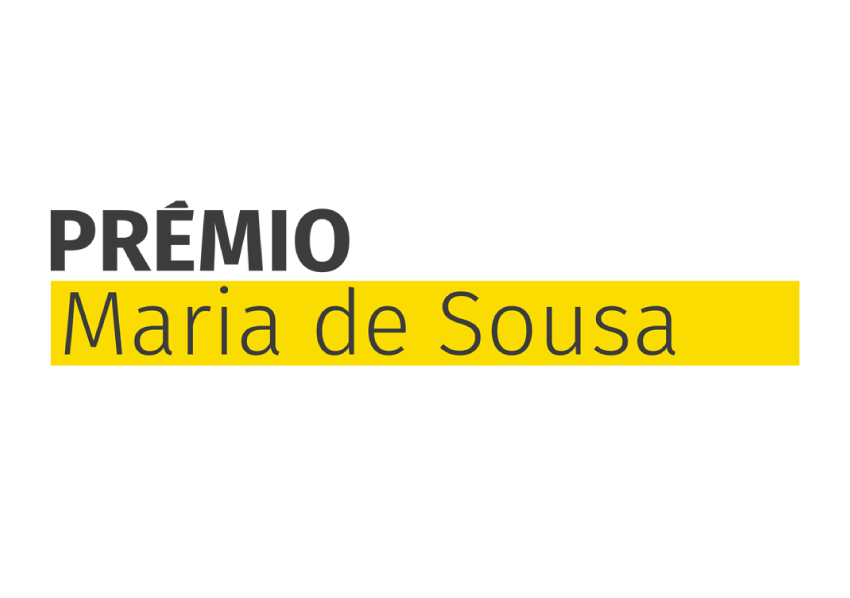News
- Science Stories
- Highlights
- Looking for collaboration
- Helpful links
- Logos
Science Stories
It is our mission being accomplished. Since 1994, the BIAL Foundation has approved for funding 946 projects, involving around 1900 researchers from 31 countries. There are three decades of support to Scientific Research Projects oriented toward the neurophysiological and mental study of the human being, in the areas of Psychophysiology and Parapsychology.
Discover the stories behind the science.
Science Stories

Does your dog have social skills?
A study suggests that viewing the owner’s face works as a positive social reinforcement for dogs. Learn more about this and other surprising results about “man’s best friend”.
News
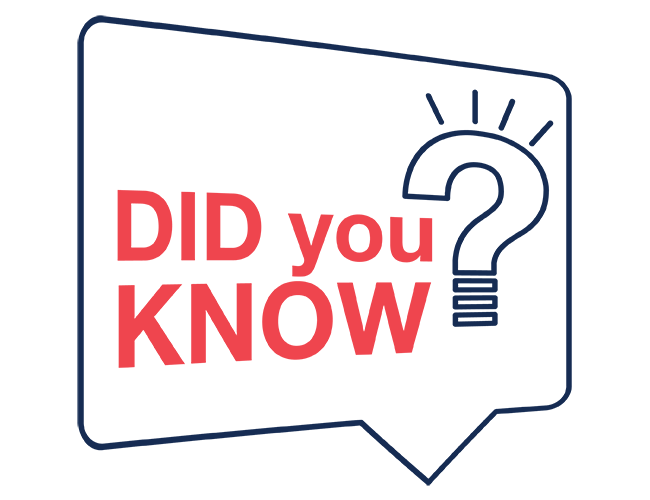
Italy, UK, USA and Portugal were the countries with most supported projects in Grants Programme 2022/23
Did you know that in the Grants Programme for Scientific Research 2022/23 it was supported 75 applications from 17 countries?
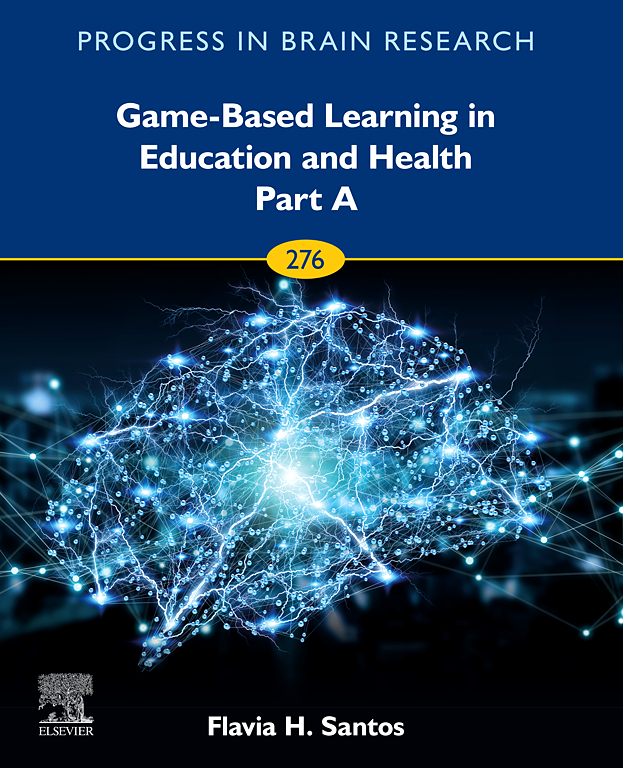
Voluntarily turning off consciousness
Matthew Sacchet, principal investigator of project 99/20 - Beyond "mindfulness" and toward a modern science of meditative mastery and spiritual transformation, supported by the BIAL Foundation, studied the total absence of consciousness during meditation achieved by some advanced practitioners. Besides the absence of any time experience or tiredness, practitioners also report a sudden sense of clarity, openness, and possibly insights after emerging from meditation-induced cessations of consciousness.
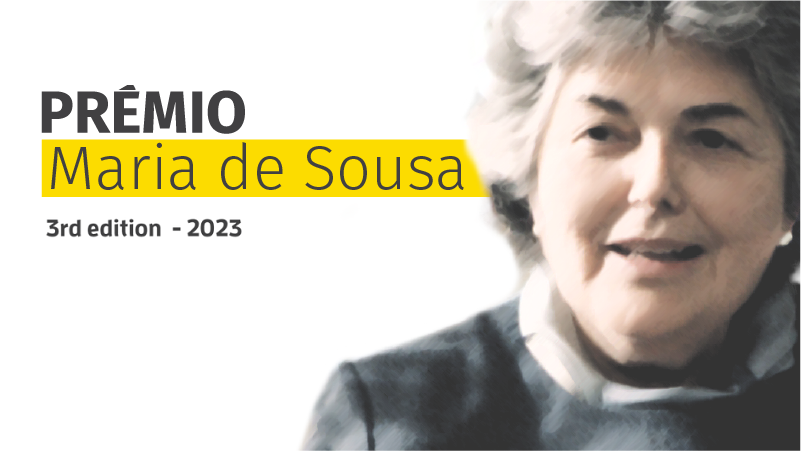
Maria de Sousa Award: applications until May 31
The Portuguese Medical Association and the BIAL Foundation are promoting the third edition of the Maria de Sousa Award, launched in 2020 to honour the memory of the physician and great researcher Maria de Sousa. The Maria de Sousa Award aims to award and support young Portuguese researchers, aged 35 or under, with scientific projects in the area of Health Sciences, including a mandatory internship in an international center of excellence.
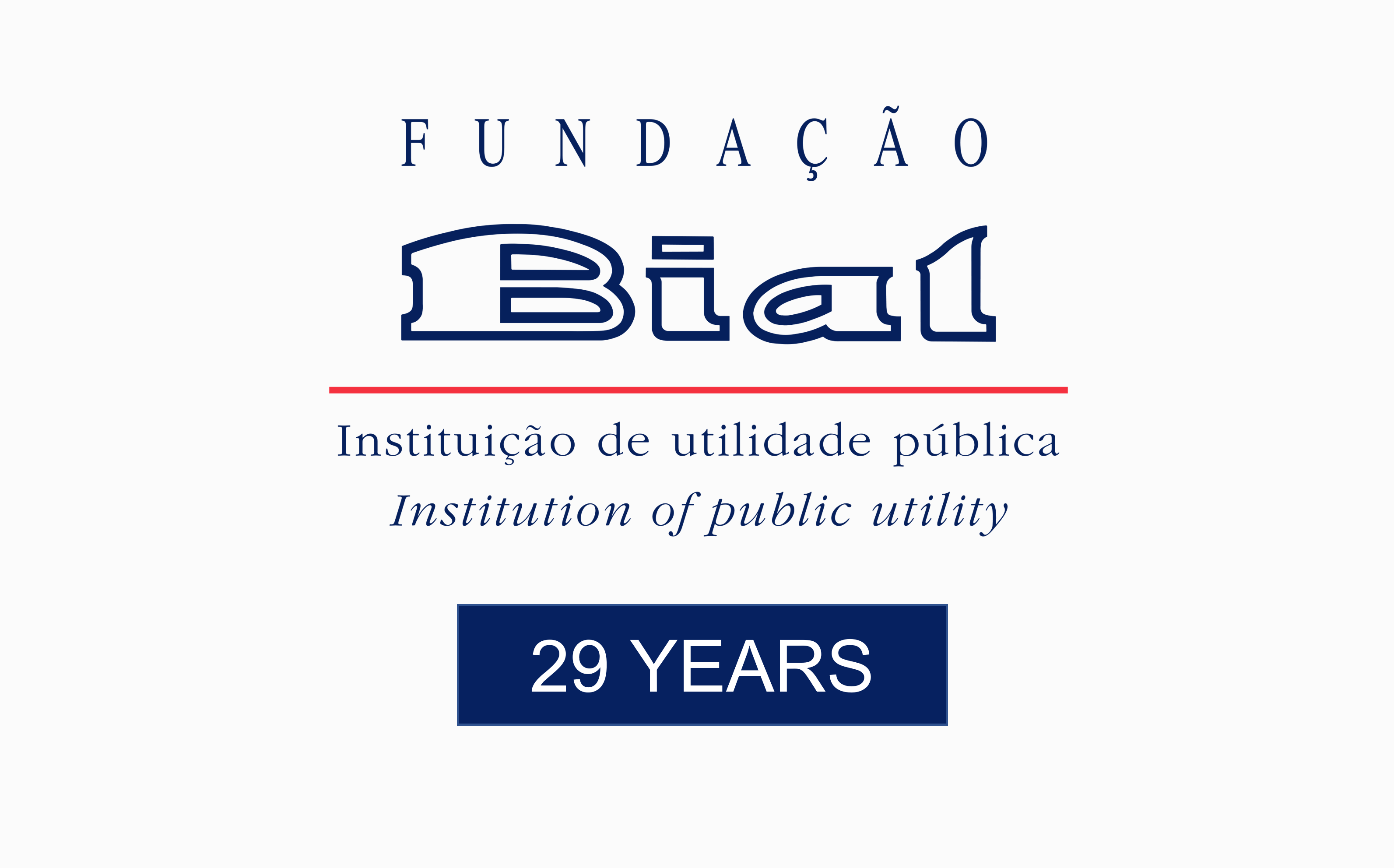
BIAL Foundation celebrates its 29th anniversary
Today, the BIAL Foundation celebrates 29 years of activity in three areas with the aim of stimulating new discoveries and contributing to the improvement of human life: the attribution of Awards, the Grants Programmes for Scientific Research and the “Behind and Beyond the Brain” Symposia.
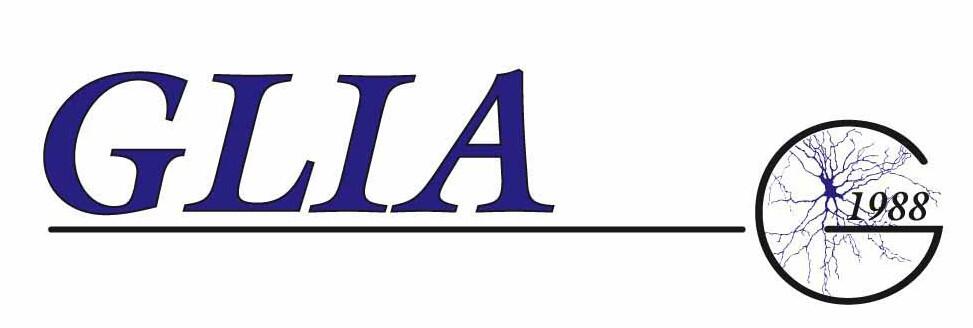
Structural analysis of hippocampal astrocytes
João Filipe Oliveira, principal investigator of the research project 37/18 - Decoding the neuron-astrocyte dialogue that supports cognitive processing, supported by the BIAL Foundation, published the paper Astrocyte structural heterogeneity in the mouse hippocampus in the journal GLIA. The author concludes that “the main finding of this work is that hippocampal astrocytes display structural heterogeneity across hippocampal subfields that is conserved along the dorsoventral axis.”

The role of TrkC in the regulation of fear
In the scope of the research project 85/18 - Role of NT3/TrkC in the regulation of fear, supported by the BIAL Foundation, the principal investigator, Mónica Santos, published in the journal Molecular Neurobiology the paper TrkC Intracellular Signalling in the Brain Fear Network During the Formation of a Contextual Fear Memory. It was observed an overall decrease in TrkC activation in brain fear network (amygdala, hippocampus, and prefrontal cortex), both in the consolidation and reconsolidation phases of fear memory formation. In particular, the most relevant differences were observed in the amygdala during the consolidation phase and in the hippocampus during the reconsolidation phase of fear memory. In fact, consolidation and reconsolidation of contextual fear memories are dually dissociable processes that recruit different pathways.
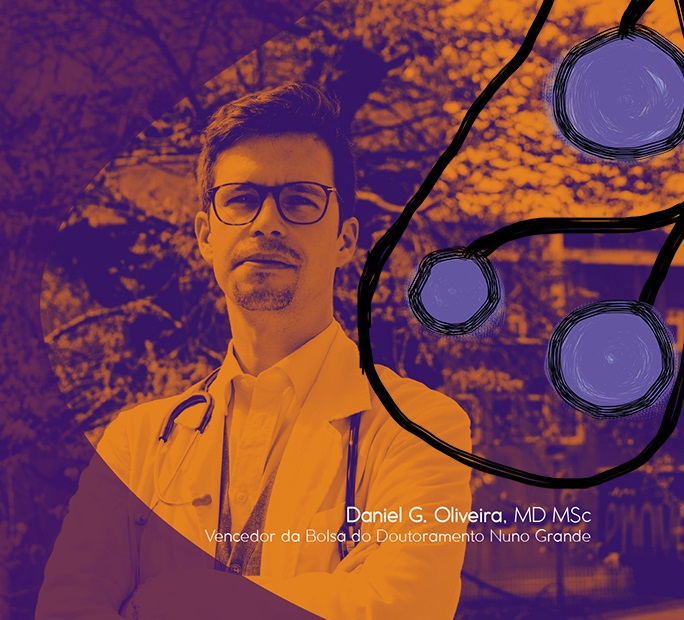
Nuno Grande Doctoral Scholarship 2022 winner is already known
Daniel Guimarães de Oliveira is the winner of the Nuno Grande Doctoral Scholarship 2022, an initiative of the family of Professor Nuno Grande, the School of Medicine and Biomedical Sciences (ICBAS) and the BIAL Foundation.
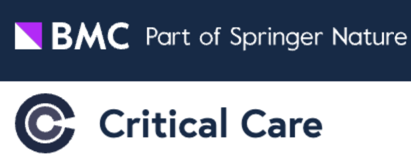
The incidence of NDE in ICU survivors
The research team led by Charlotte Martial assessed the incidence of near-death experiences (NDEs) among patients who survived a prolonged stay (i.e. > 7 days) in intensive care units (ICU), regardless aetiologies. Out of the 126 included patients, 15% reported having experienced an NDE. Higher frequency of dissociative symptoms and a greater spiritual and personal well-being were the strongest predictors for the recall of NDE. One year later, the NDE was not significantly associated with quality of life. These results were reported in the paper Incidence of near-death experiences in patients surviving a prolonged critical illness and their long-term impact: a prospective observational study published in the journal Critical Care and arise from the research project Characterization of “Near-Death Experiences” through the comparison of experiencers and non-experiencers’ particularities: inter-individual differences in cognitive characteristics and susceptibility to false memories, supported by the BIAL Foundation.
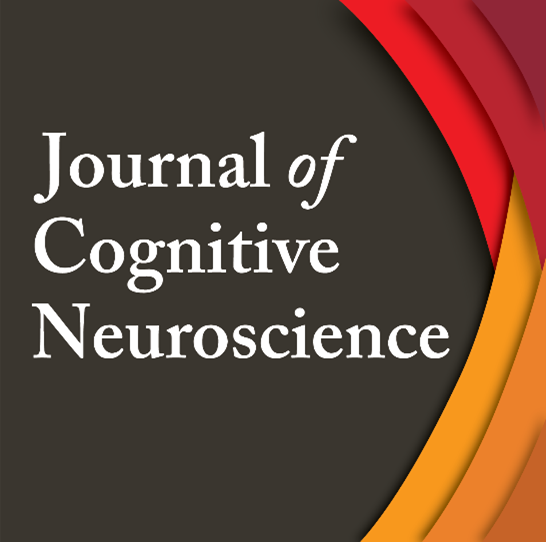
Is supplementary motor area involved in automatic control of behavior?
Ignacio Obeso, principal investigator of the research project 230/18 - Unraveling the mechanisms behind automatic and emotional control: Psychophysiological, cortical excitability and functional connectivity measures, supported by the BIAL Foundation, aimed to test the possible direct role of supplementary motor area (SMA) in automatic and voluntary response inhibition by resourcing to two noninvasive brain stimulation (NIBS) inhibitory techniques over SMA, namely repetitive transcranial magnetic stimulation (rTMS) and transcranial static magnetic field stimulation (tSMS). Participants received both real and sham NBS techniques over SMA. No relevant impact of treatment (rTMS, tSMS) or condition (real, sham) was seen in the training or test phases of a go/no-go learning task and a stop signal task. It seems that SMA has a reduced or indirect involvement in automatic control of behavior. These results are detailed in the paper The supplementary motor area and automatic cognitive control: Lack of evidence from two neuromodulation techniques published in the Journal of Cognitive Neuroscience.
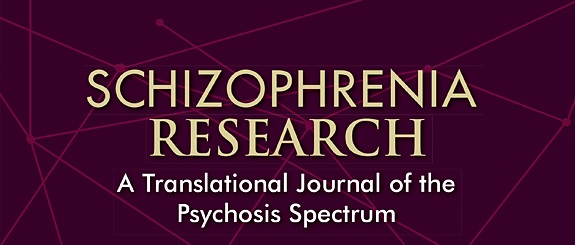
When psychotic-like experiences become distressing?
Evidence suggests that psychotic-like experiences (PLEs) exist along a continuum progressing from benign subclinical phenomena at one end to severe psychotic symptoms at the other. Among children, PLEs are common and typically benign, but in some cases, they can be distressing and functionally impairing. In the scope of the research project 194/12 - Characterising developmental trajectories of brain function from childhood into adolescence, supported by the BIAL Foundation, Kristin Laurens aimed to examine whether the likelihood of distressing or impairing PLEs differed according to the type of co-occurring psychopathology symptoms. It was observed that children with co-occurring internalising and/or externalising problems had greater odds of distressing and/or impairing PLEs compared to children without co-occurring psychopathology (PLEs only). The implications of these results are discussed in the article Increased likelihood of distressing and functionally impairing psychotic-like experiences among children with co-occurring internalising and externalising problems published in the journal Schizophrenia Research.
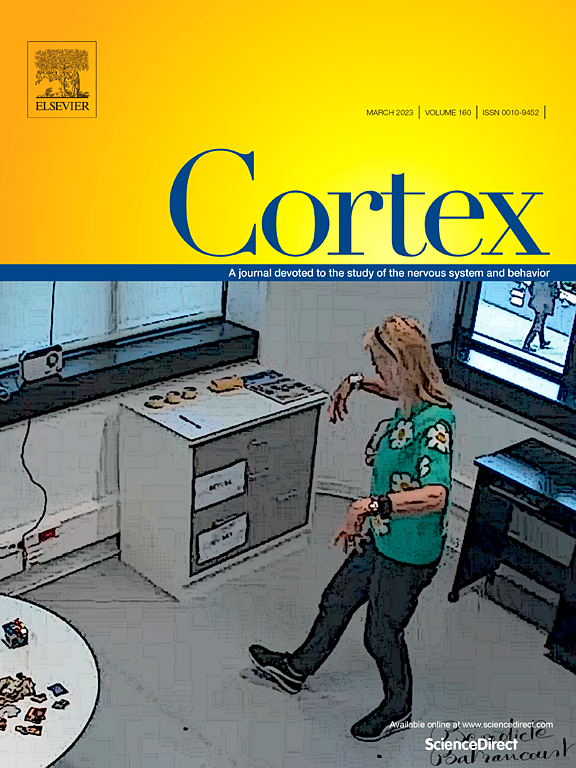
Effects of aging on face processing
In the scope of the research project 249/16 - Healthy aging and economic decision-making: neuropsychophysiological examination of the affect-integration-motivation framework of decision-making in aging brain, supported by the BIAL Foundation, João Marques-Teixeira and colleagues studied the impact of aging on face processing. It was observed that older adults, compared to younger adults, engage additional neural resources during the visualization of facial expressions of emotion, as well as non-facial stimuli (houses and mugs). Aging may hamper the neural processing of facial expressions of emotion, and this difficulty may be exacerbated during the identification of emotions from faces of their own-age peers. More results are available in the paper Effects of aging on face processing: An ERP study of the own-age bias with neutral and emotional faces published in Cortex.
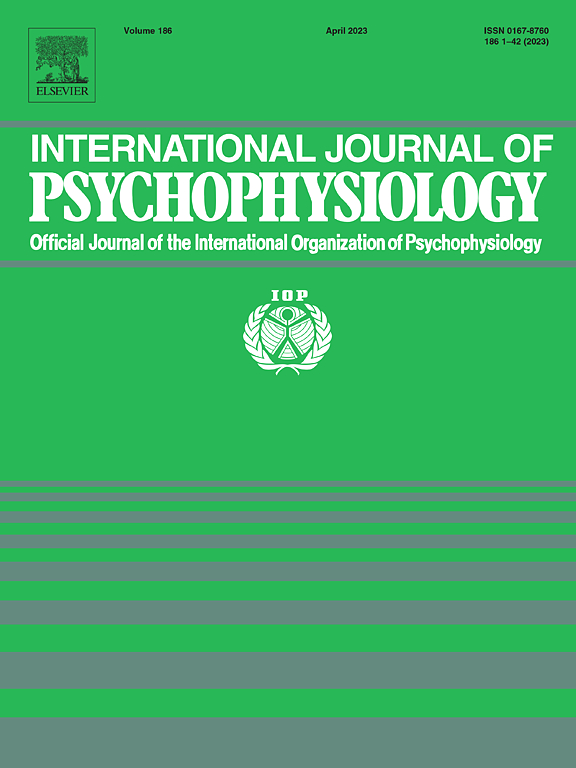
Dispositional mindfulness and startle reactivity
Veena Kumari, principal investigator of the research project 92/18 – Attending mindfully: A psychophysiology study of sensory processing in meditators, supported by the BIAL Foundation, examined possible associations between dispositional mindfulness and alexithymia and found a negative association. In addition, it was assessed the eye-blink startle responses to acoustic stimuli of varying intensity and observed a positive association between startle response habituation and dispositional mindfulness (i.e., more habituation in individuals with a high level of naturally-occurring mindfulness). Similar results were also obtained by long-term mindfulness practitioners engaging in mild-to-moderate meditation practices, suggesting similar sensory information processing styles. These findings are reported in the paper Dispositional mindfulness, alexithymia and sensory processing: Emerging insights from habituation of the acoustic startle reflex response published in International Journal of Psychophysiology.
Looking for collaboration

The quest of physiological markers for the experience of pain
Researcher: Elia Valentini - Department of Psychology & Centre for Brain Science, University of Essex Summary: The aim of this project is to improve measurement of the human experience of pain by investigating a combination of psychophysical and physiological responses during mild noxious stimulation. More specifically, we want to investigate how sensitive and specific to pain the brain oscillatory responses are. We use EEG as the main technique, but we are keen to collaborate with neuroscientists using fMRI, autonomic measures and brain stimulation as well as with computational neuroscientists. A clinical collaborator would also be very much welcome.

EEG investigation of hypnosis and decision-making
Researcher: Rinaldo Livio Perri - University Niccolò Cusano Rome, Italy Summary: I work in the field of hypnosis and cognitive neuroscience. In particular, I adopt the event-related potentials (ERPs) to investigate the effect of the hypnotic suggestions on sensory processing and cognitive performance. I am an expert in decision-making and proactive brain processes before the stimulus administration (e.g., the perceptual, prefrontal and premotor readiness during the expectancy stage). I could help colleagues to properly analyze the ERP signal in the pre-stimulus stage of processing. Also, I would be happy to share my EEG data for re-analyzing them in the frequency domain (e.g., wavelet or coherence analysis in the hypnosis research). Feel free to contact me for any question! More information on my papers: https://scholar.google.it/citations?user=-8e_V64AAAAJ&hl=it Possible collaborations: neuroscientist with experience in the EEG frequency analysis Email: perri.rinaldo@gmail.com

Transparent Psi Project - looking for collaborators
Summary: We are running a fully transparent, expert consensus-base multilab replication of Bem’s (2011) experiment 1. The project features state of the art methods to maximize transparency and study integrity. The study involves a computerized experiment taking about 20 minutes per session. Group testing is possible in a computer lab, no specialized equipment needed. Labs are expected to recruit at least 100 participants. Participants will be exposed to images with explicit erotic/sexual content in the experiment. No financial compensation is required for the participants. Data collection is expected to take place in the 2020 fall semester. Every material is provided for ethics/IRB submissions and data collection in English (translation of materials might be necessary by the collaborators). The study is pre-registered and the manuscript is accepted in principle for publication in the journal Royal Society Open Science. All collaborators who meet the minimum sample size criterion will get authorship on this paper reporting the results of the replication study. More information in the preprint: https://psyarxiv.com/uwk7y/ Indicate interest in the collaboration via the following form: https://tinyurl.com/tpp-labs With any question contact the lead investigator: Dr. Zoltan Kekecs, kekecs.zoltan@gmail.com

Cognitive control and learning
Researcher: Ignacio Obeso, Ph.D. / CINAC - HM Puerta del Sur Summary: The aim of our projects is to understand the behavioral and neural mechanisms used to learn how humans establish adaptive behaviour in changing contexts. More specifically, we want to decipher how stopping abilities are initially learned and later executed under automatic control. We use task-related fMRI, brain stimulation and clinical models to test our predictions in laboratory settings as well as online home-based paradigms. Possible collaborations: computational scientist Email contact: i.obesomartin@gmail.com https://iobesomartin.wixsite.com/cognitivecontrol
Find here some links to other Foundations, Organizations, Societies and more that you might be interested in.
- BrainFacts.org
- Cognitive Neuroscience Society
- Dana Foundation
- European Brain Council
- European Society for Cognitive and Affective Neuroscience (ESCAN)
- Federation of European Neuroscience Societies (FENS)
- Human Brain Project
- IANDS International Association for Near-Death Studies
- Institut Métapsychique International (IMI)
- Instituto de Psicologia Paranormal
- International Behavioral Neuroscience Society (IBNS)
- International Brain Research Organization
- IONS Institute of Noetic Sciences
- Kavli Foundation
- Koestler Parapsychology Unit
- Open Sciences
- Organization for Human Brain Mapping (OHBM)
- Parapsychological Association
- Psi Encyclopedia
- Rhine Research Center
- Sociedade Portuguesa de Neurociências
- Sociedade Portuguesa de Neurologia
- Society for Neuroscience
- Society for Psychical Research
- Society for Scientific Exploration (SSE)
- World Federation of Neurology

